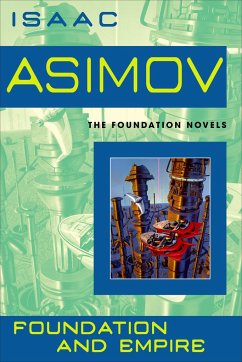
Chevengur
Versandkostenfrei!
Versandfertig in über 4 Wochen
20,99 €
inkl. MwSt.
Weitere Ausgaben:

PAYBACK Punkte
10 °P sammeln!
"Chevengur is a philosophical novel that is also rich in psychological, social, and sensuous detail. Although it was never publishable in the USSR, it now stands as one of the most celebrated of Soviet novels, and along with The Foundation Pit, it is the most ambitious and moving of Andrey Platonov's efforts to take the measure of a world undergoing revolutionary transformation. Platonov's world is a world of orphans searching for family and home. The Russian people have lost both their Mother Earth and their Father in Heaven. Nothing is left to them but the horizon-a shining but ever-receding...
"Chevengur is a philosophical novel that is also rich in psychological, social, and sensuous detail. Although it was never publishable in the USSR, it now stands as one of the most celebrated of Soviet novels, and along with The Foundation Pit, it is the most ambitious and moving of Andrey Platonov's efforts to take the measure of a world undergoing revolutionary transformation. Platonov's world is a world of orphans searching for family and home. The Russian people have lost both their Mother Earth and their Father in Heaven. Nothing is left to them but the horizon-a shining but ever-receding future. Thus in part one of the novel Zakhar Pavlovich, a gifted craftsman, moves from traditional village life to the world of industry. He falls in love with steam locomotives; he wishes to harness the power of machines to bring an end to human misery, and yet before long he is disillusioned. In the second part of the book it falls on his adopted son, Sasha Dvanov, to set out across the steppes in pursuit of revolution with, as his companion, Kopionkin, knight errant of the martyred revolutionary Rosa Luxemburg. Perhaps communism will be born spontaneously of human yearning? The last part of the book finds a group of impatient Bolsheviks who live in the fictional town of Chevengur attempting to make communism happen now. They liquidate the bourgeoisie and the half-bourgeoisie, believing that this will inevitably bring about communism, since nothing else will remain. They relocate all the buildings, so that property will become worn out and cease to oppress the proletariat. Finally, Sasha Dvanov arrives in Chevengur as a herald of communism with a human face-and for the briefest moment it bears one"--













